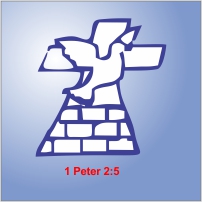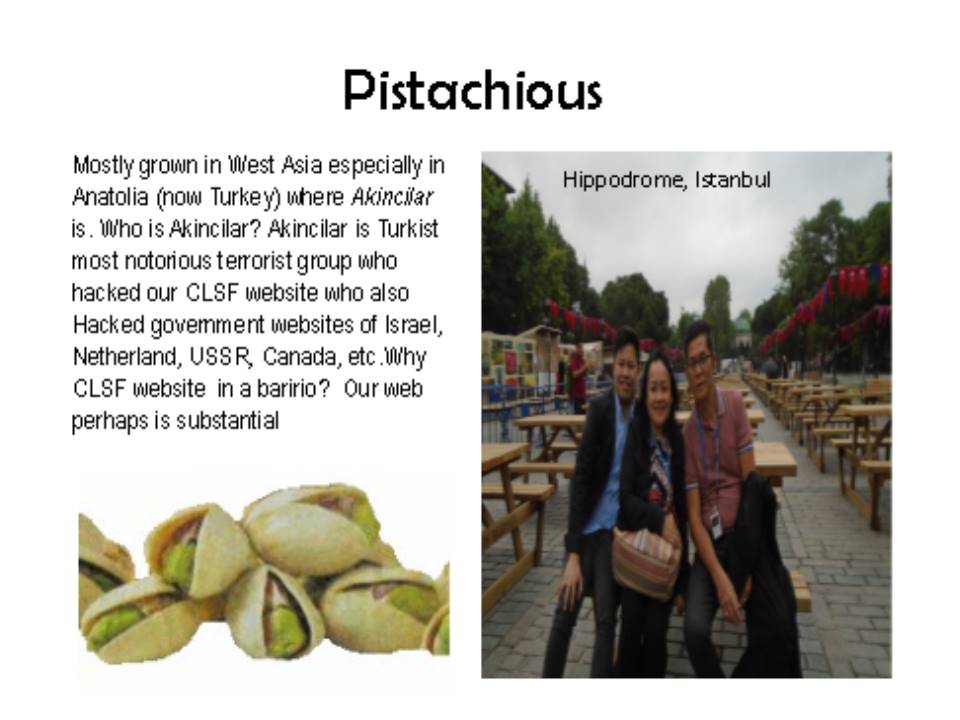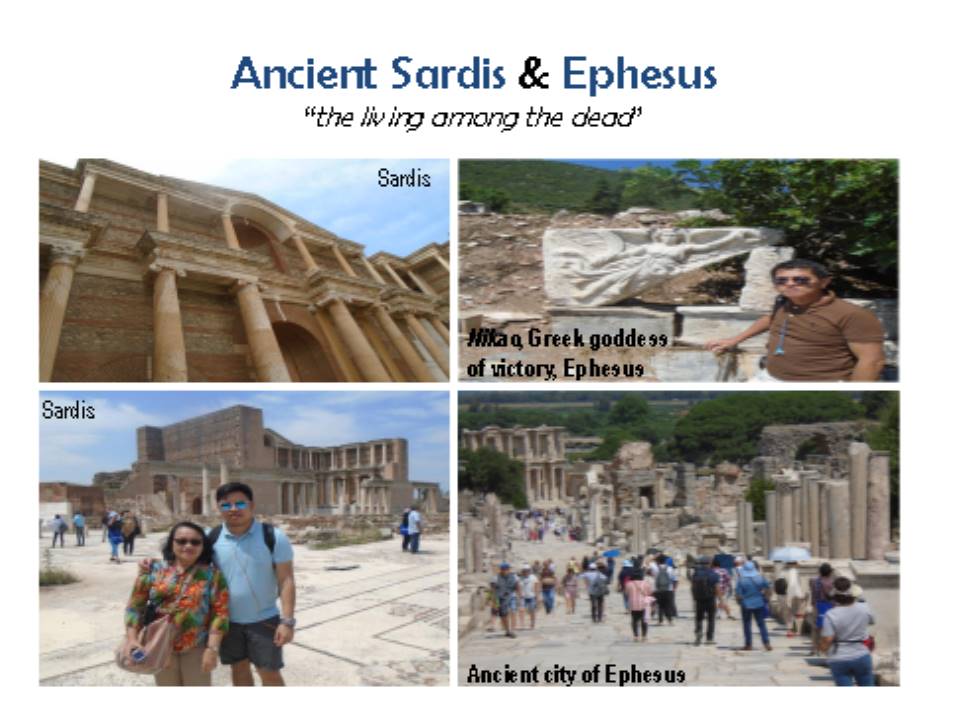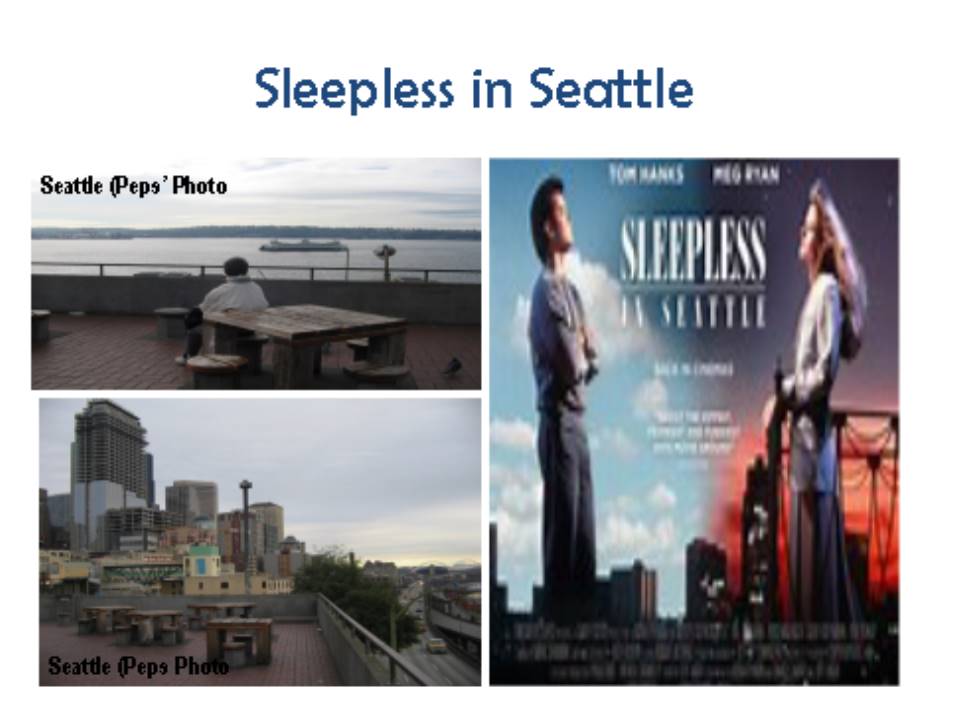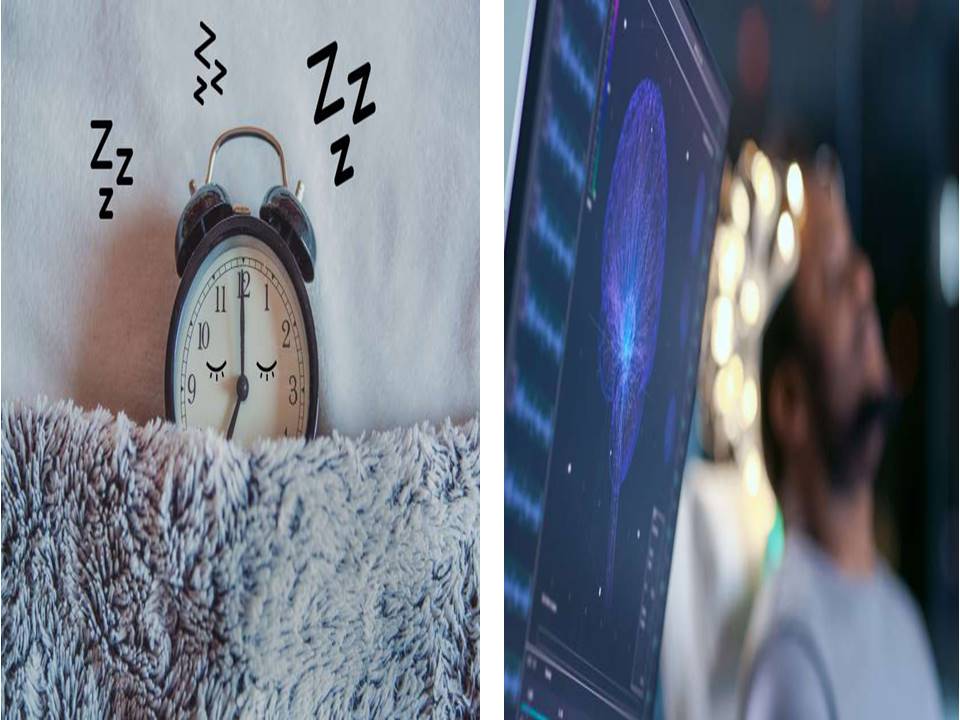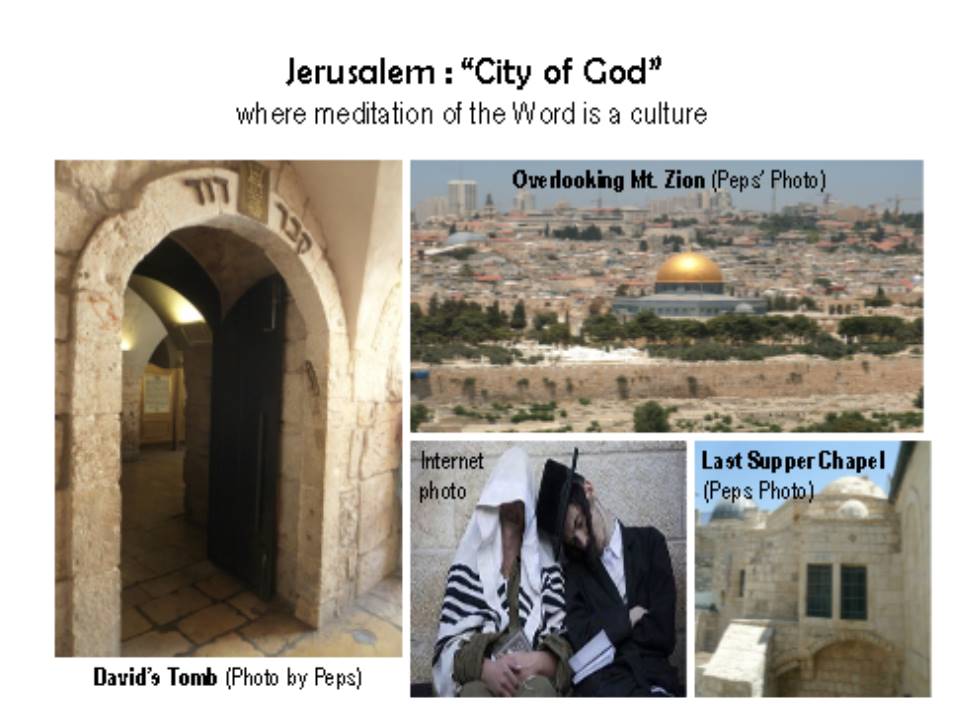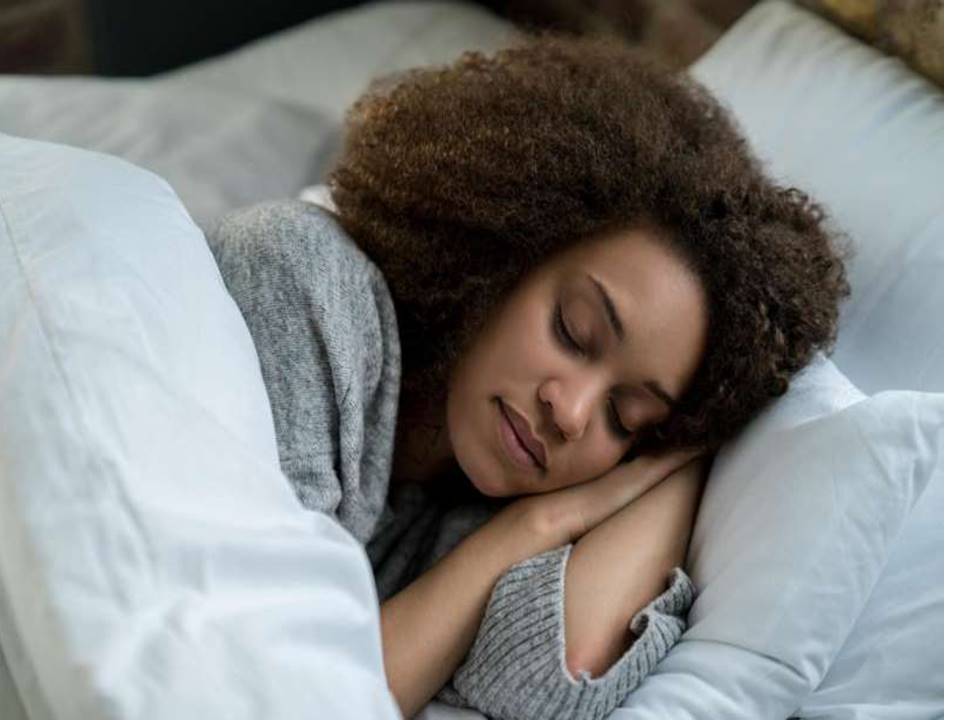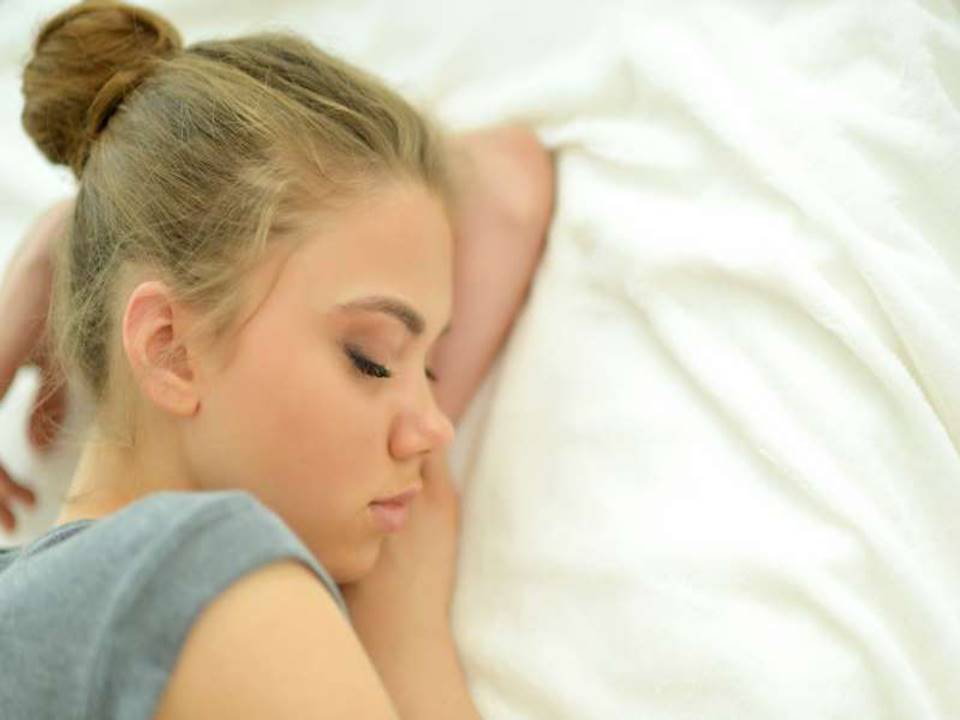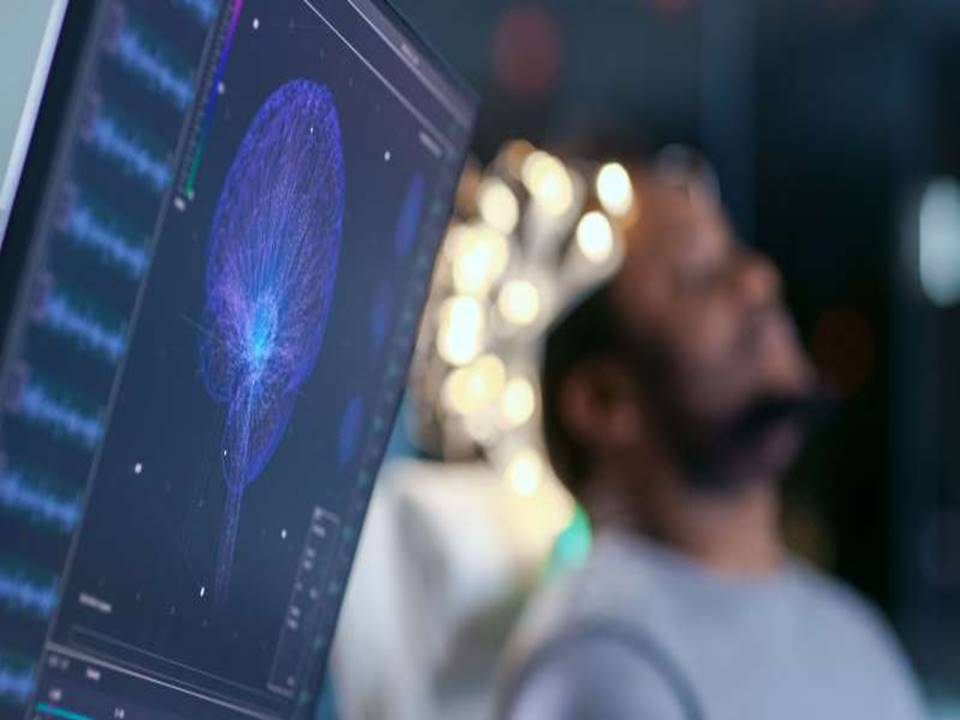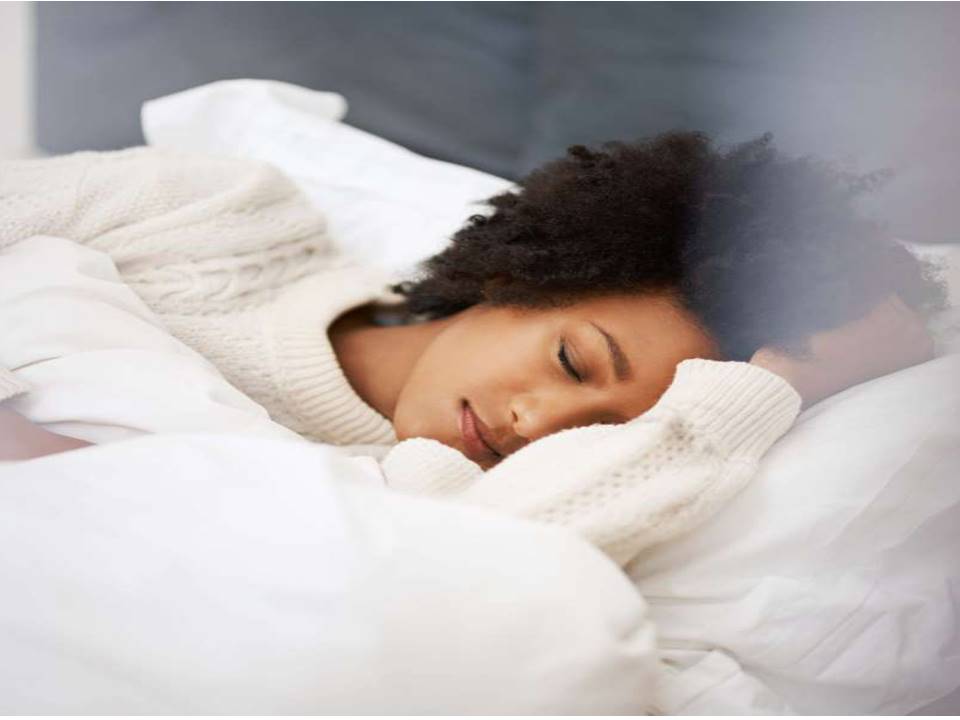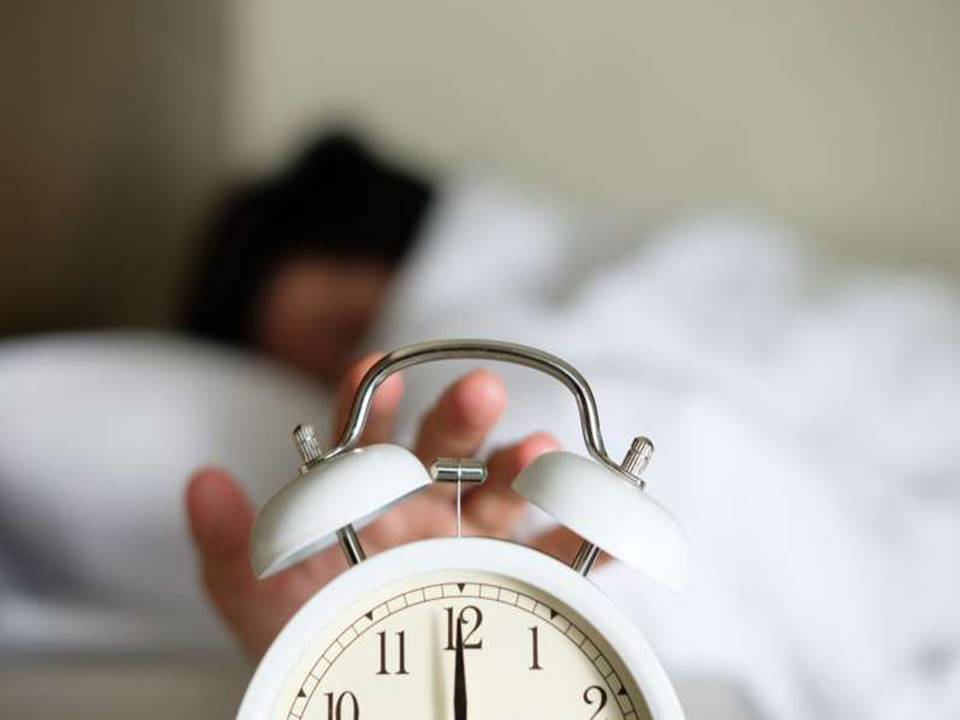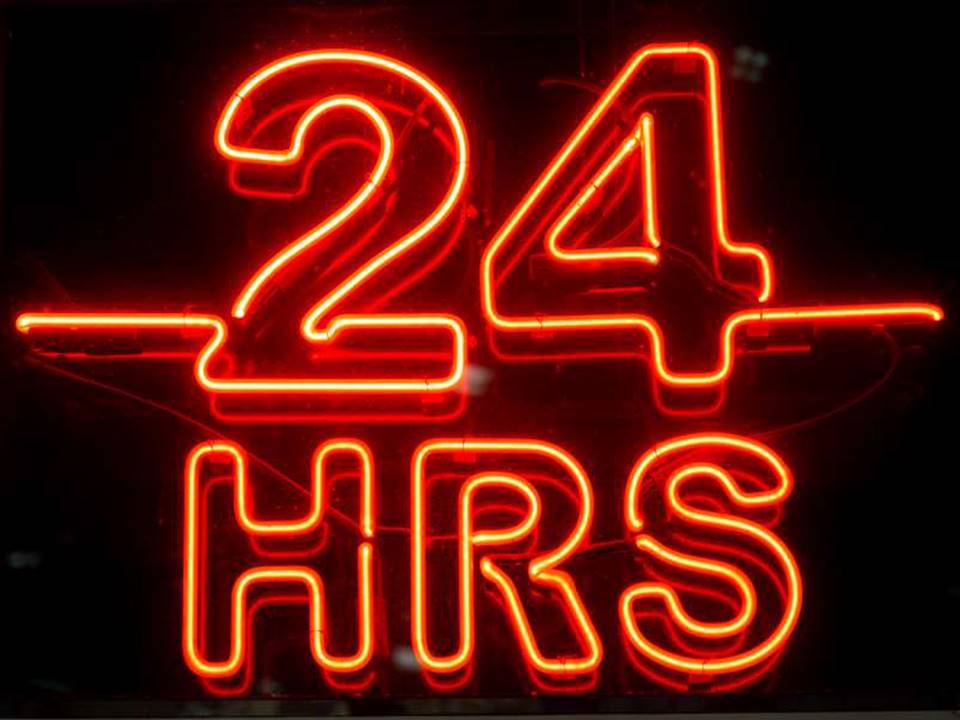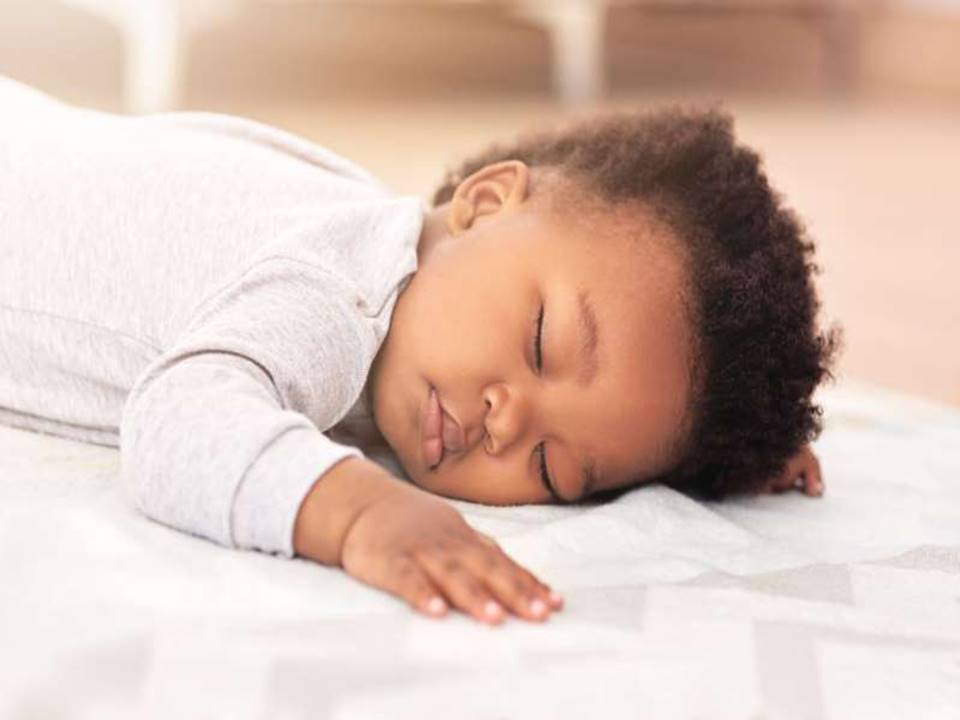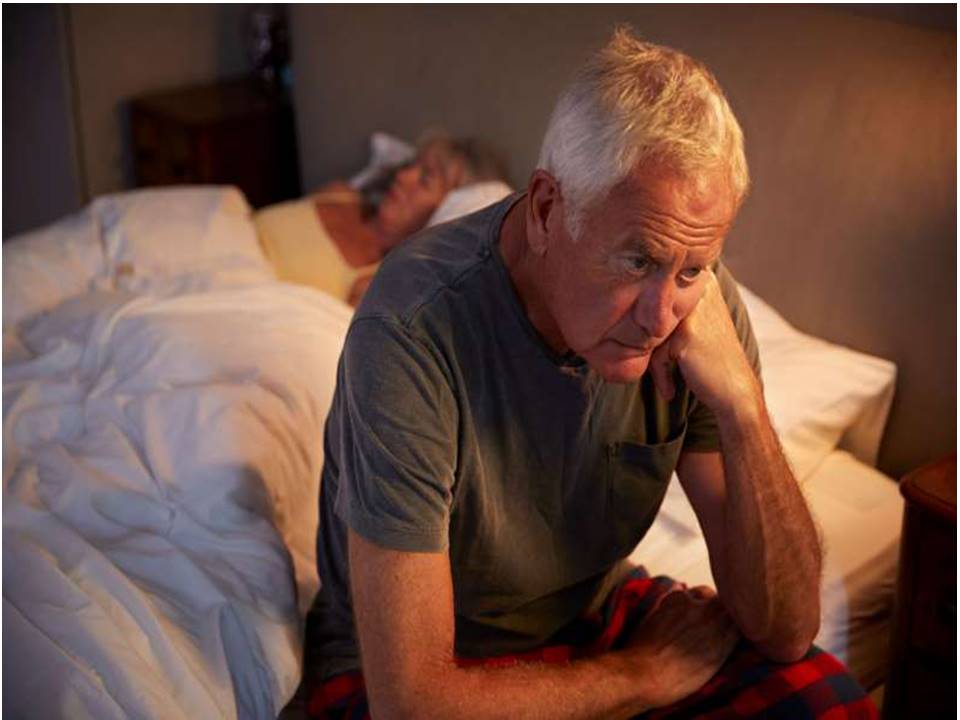Pistachios
- Details
- Category: Teachings & Articles
- Published: Wednesday, 31 October 2018 03:41
- Hits: 3862
Pistachios
By Augusto A. Kho
NLEX Freak Accident
October 21, 2018 (Sunday); 2:00-5:30 am
Updated: October 31, 2018 (Wednesday);
The woods are lovely, dark and deep. But I have promises to keep, and miles to go before I sleep
- Robert Frost
NLEX freak accident
Allegedly six vehicles are involved in vehicular accident making the whole Northern Luzon Expressway (NLEX) impassible. It took us three and half hours from Balintawak to Pulilan than the usual 20-minutes travelling time.
(picture1)
The road accident was freaking out the motorists including myself. When you are fully awake for the full past 21 hours like me, the incident is a big hustle making you tired, weary, sleepy, frustrated and ranting. But deep inside is a brief intercession and prayer to whoever gets hurts on that vehicular accident. Nobody wanted to be in such condition anyway. But the problem was my eyes turned heavy and red that I might be dozed to sleep while my hands are on the wheels.
Pistachios
Oh Pistachious! It is good that I remember that I have Pistachios in the car that I can nibble to fight my sleepyhead thoughts and dozy eyes.
The Wonderful Pistachios helped me a lot not to be dozed while driving. And it just came across to the mind how the Church’s fight against spiritual slumber.
From there I remember the drowsiness of the Church of Philippians. Paul said, “For the light is making everything visible. That is why it says, "Wake up, sleeper! Arise from the dead, and the Messiah will shine on you,” (Ephesians 5:14/ ISV). This greatest missionary ever charged that the Church is a sleepy one, are we one among them?
Pistachious from where
(picture2)
Sleeper defined
Paul defined a sleepy church as a “dead” church.
Sleeper or Sleepy in KJV in the Greek word “katheudo” (kath-yoo-do) means “drop off to sleep.” Euphemistically, “to be dead” and metaphorically, “to yield to sloth and sin” according to Thayer Definition.
The Church of Sardis is also one of the living among the dead according to the Lord Jesus Christ.
Revelation 3:1, “And unto the angel of the church in Sardis write; These things saith he that hath the seven Spirits of God, and the seven stars; I know thy works, that thou hast a name that thou livest, and art dead. “
The word “dead” in Greek “nekros” is the “deceased or departed whose soul is destitute of life, inanimate; inactive; destitute of force and power.” It means it a corpse like the “Walking Dead” TV series (although they are still moving but they don’t have the will power anymore).
Corpse in a church
It is indeed timely to Philippines’ much celebrated “feast” – the Feast of the Dead, All Soul’s Day.
Corpse does not live in a church. Corpses must be destined to a specific place called “cemetery” or a “memorial park” if not in a funeral parlour. There is another place for the dead as well – hell (Hades).
Hades is the Greek “god of the dead.” He was later known to the Greeks as Plouton, which the Romans pluralized to Pluto where the farthest planet from the Earth is named after. In June 2017, we visited the ancient Plutonium in Asia Minor now called Turkey that according to tradition where the entrance of the hell is referring to Matthew 16:18.
Like those who love “All Soul’s Day,” they belong to another, different world. A prophet said, “World of the dead, no place in the land of the living, “ Ezekiel 26:20
Fight against drowsiness
The question is how shall we fight against drowsiness? Eat Pistachios? Just like what I did during the freak vehicular accident at NLEX? How shall we address sleepiness and how can we classify them?
Sleeping habits
I have no problem with my sleeping habits and it is not because I am insomniac.
I normally sleep 1 to 5 hours a day. Often 2-3 hours a day! What a blessed day should I have had a 5 full sleeping time. I browse a lot from the Bible, references, and other resources while writing. Even when am ready sleep on bed, I rises up immediately even without closing my eyes yet when a certain “idea” would just pop in my mind. Writing is a timeless and exhausting task. Just imagine Moses writing the Pentateuch or the five (5) ancient books while on journey. How about Paul’s Epistles? He did all his writing during his missionary journey if not inside his prison cell?
The writers and the sleeping pills
The tribe of Zebulun has a divine calling. Judges 5:14 SAYS, “Zebulun they that handle the pen of the writer.” Psalmists are good writers.
Korah, the great grandson of Levi is a good writer. Korah belong to the band of great musicians of God. Psalm 45:1 says, “My tongue is the pen of a ready (skilful) writer.”
If you are a musician or a song-leader of the Lord, you must possess that gift of writing just like David, a shepherd, a warrior, a king, and a songwriter.
In other words, my passion in writing makes me develop a poor sleeping pattern. It is not for something else sinister. For God give a good sleep. He is greater more effective than tranquilizer. Psalm 3:5, “I laid me down and slept; I awaked; for the LORD sustained me.”
Sleeping habits and patterns
God is good provider of a “deep sleep” on the same way He did that to Adam (Genesis 2:21). Just imagine God doze Adam to a sound sleep, took one of his ribs, then presto! Eve was made out from his sleep.
The word “deep sleep” is used as well in 1 Samuel 26:12) when God caused “ deep sleep from the LORD was fallen” upon king Saul. That “deep sleep” means a literal death.
The Hebrew word “tardemah” is being used here which means “lethargy” or “trance.” Lethargy means “stupor” in a simple word. God can send us the “spirit of stupor” when senses are paralyzed whether we are sleeping or when we are literally dead. God can caused a spirit of stupor for His people to be dead spiritually (Romans 11:8).
Jacob saw a vision when he was “awakened from his sleep,” (Genesis 28:16). The word “sleep” here in Hebrew “sheena” means a literal sleep.” In other words, you can see God’s vision, apparition or dream even when you are just sleeping normally.
Sleep is a form of rest (literal or figurative). Rest can be perfection or a pause or the Greek word, “pleroo” (fulfilment or completion). But it can be ceasation from one’s life existence and that is when a literal death applies (Hebrews 3:1-3).
Here are some forms of sleep:
-
Sleep i.e. literally dead. Deuteronomy 31:16
-
Sleep of death. Psalm 13:3
-
Dead sleep. Psalm 76:6
-
Sweet sleep. Proverbs 3:24
-
Labouring sleep. Ecclesiastes 5:12
-
Hearty sleep. Song of Solomon 5:2
-
Deep sleep (spirit of slumber). Isaiah 29:10
-
Watchman’s sleep. Isaiah 56:10
-
Perpetual sleep. It is a form of judgment to Babylon that shall become a “dwelling place for the dragons,” Jeremiah 51:37-39
Too much sleeping
I am amazed seeing some people over-sleep? Sometimes I envy them because they have plenty of time to sleep. I’d like to sleep as much as I wanted but something refrain me in doing so whether my reason is valid or not.
Ephesus as a Church loves to sleep. Sloppy, dozy people are ineffective and unproductive ones. They are a liability rather than an asset.
Anything in extreme is always harmful as the saying goes. The same is true when you oversleep.
“Sleeping too much is bad for your brain, “world's largest sleep study says as published by Independent dted October 13, 2018 by Sarah Young.
Independent News writes, “..a new research is suggesting that getting too much shut-eye could in fact be just as damaging. The world’s largest sleep study, a team of neuroscientists from Western University’s Brain and Mind Institute enlisted the help of more than 40,000 people from around the world to take part in an online scientific investigation made up of in-depth questionnaires and a series of cognitive performance activities.
The findings shows that, “ anyone who slept more or less than this performed worse cognitively regardless of their age. The two actions which were most strongly affected by sleep were reasoning and verbal abilities, while short-term memory performance was relatively unaffected.
“We found that the optimum amount of sleep to keep your brain performing its best is 7 to 8 hours every night and that corresponds to what the doctors will tell you need to keep your body in tip-top shape, as well,” says Conor Wild, lab research associate and the study's lead author.
“People that slept more than that amount were equally impaired as those who slept too little,” the study shows.
Slumbering Christian?
Why others take Neozep (non-drowsy)? I just put some name of distinction on the following verses. You can make your own definition as well.
-
Proverbs 6:4-5, “A missionary’s sleep” who watches keenly at anytime
-
Proverbs ^;10, 11 “A poor’s man sleep”
-
Proverbs 10:5 “A shameful sleep”
-
Proverbs 19:15 “Idle sleep”
-
Proverbs 20:13 “cautionary sleep”
-
Proverbs 24:33-34 “The bare and the restless sleep”
In the same way, sleepy Christians like those from the Ephesians or Sardis Churches have the same negative effects as well. Perhaps while we find rest as a rest never make it a hobby nor a habit that makes you spiritually dead as Paul charged to the believers in the city of Ephesus. Too much sleeping in other words is bad for your spiritual health as well.
Why Jesus rebuked the Church of Sardis as “alive but dead?” Perhaps it is because the Hebrew-Christian believers were still practicing their old pagan beliefs and customs. American archaeologist and geneticist Mark Fairchild have shown us the Greek inscriptions written on the wall and pavement showing pagan symbols such as unclean animals in their temple as well as symbol of Christianity i.e. the Roman cross over the menorah in their synagogue or temple. Sardis is also where the “strictly male bath” originated from Fairchild said. That is why many years ago since late 1980’s I kept hearing “Turkish Bath.” The Christians in Sardis are sport-fanatics, they love playing sports naked, then followed by taking a dip on public bath for hours (of course for male only).
(picture3)
While sleepiness may be symbol of compromise and apathy in Christian faith, yet we still need a rest or sleep for health’s sake unless we are suffering from insomnia that makes us sleepless like in the movie, “Sleepless in Seattle.” .
“Sleepless in Seattle,” sleepless Paul
Have you watched the movie, “Sleepless in Seattle?”
When I was in Seattle, Washington, I remember that movie that featured Meg Ryan as a starring role. It is a love story. It is love that made her restless and sleepless. What causes us that tosses you and me in the bed, unable to sleep? There must be a reason why like personal problem, stress to name a few.
(picture4)
Sleepless saint
If others could not sleep because of running bills and others, will this man has something to say as well? His name is Paul. He too suffers from lack of sleep.
Well Paul is a man whom you should desire. Paul means “desired”. It I also means” little” or” small.” I presumed he is a short man but he is a prolific writer. He wrote 14 Epistles, a great missionary, other call him the “greatest missionary,’ a lawyer, Doctor of Law, a Pharisee, and most of all, he died for Christ’s sake meaning, he is a martyr (Acts 13:9). Paul’s one and only desire is to please Christ (Philippians 1:21)
It is Christ that makes Paul sleepless, weary and exhausted while many of us carry only our own personal burdens and not of Christ’s?
Saint Paul is one servant of the Lord who complained he lacked sleep and rest. He is a sleepless saint. He said: “In toil, in hardships, watching often (through sleepless nights), in hunger, and thirst, frequently driven to fasting by want, in cold and exposure and lack of clothing,” (2 Corinthians 11:27 (Amplified Version).
What was the cause of Paul’s lack of sleep? Apostle Paul answered, “Because of my anxiety about all the churches,” (2 Corinthians 11:28/ KJV). The same thing goes most probably to Pastoral Chairmen who oversee churches whose burdens of the believers are being placed on their back.
The word “anxiety” in various translations is being used differently but similar terms like “troubles” I Easy English, “care” in KJV; “anxious concern” in NET or New English Translation “pressure of concern” in NIV, “inescapable pressure of my care and anxiety” in Amplified version.
How about you, why can’t you just sleep soundly? Or should you apply the much-needed required hours of sleeps – the 7 to 8 hours a day sleep?
Sleep: how much do we really need?
“Sleep: how much do we really need?” The Guardian reads dated October 23, 2018 as reported by Hannah Devlin, a Science correspondent
But others sleep excessively. Will that be healthy?
(picture5)
Above are Getty Photos
Why do we sleep?
“The only known function of sleep is to cure sleepiness,” the Harvard sleep scientist Dr J Allan Hobson once joked. This isn’t quite true, but the questions of why we spend about a third of our lives asleep and what goes on in our head during this time are far from being solved.
Sleep is not a luxury but essential to both physical and mental health. But the complex and diverse functions of sleep are only just starting to be uncovered.
SWS vs. REM
Well, SWS does not stand for Philippines’ survey entity – the Social Weather Stations. So What’ s going on in our brains while we sleep? The brain doesn’t just switch off.
Brain generates two main types of sleep:
-
slow-wave sleep (deep sleep) – SWS
-
rapid –eye-movement (dreaming) or REM
During REM sleep:
-
brain is highly active
-
body’s muscles are paralysed
-
heart rate increases
-
breathing can become erratic.
Perhaps “young men who see vision and old men who dream dreams” fall into this category (Acts 2:17).
The answer is this:
The brain doesn’t just switch off. It generates two main types of sleep: slow-wave sleep (deep sleep) – SWS – and rapid eye movement (dreaming) or REM.
About 80% of our sleeping is of the SWS variety, which is characterised by slow brain waves, relaxed muscles and slow, deep breathing. There is strong evidence that deep sleep is important for the consolidation of memories, with recent experiences being transferred to long-term storage. This doesn’t happen indiscriminately though – a clearout of the less relevant experiences of the preceding day also appears to take place. A study published last year revealed that the connections between neurons, known as synapses, shrink during sleep, resulting in the weakest connections being pruned away and those experiences forgotten.
Dreaming accounts for the other 20% of our sleeping time and the length of dreams can vary from a few seconds to closer to an hour. Dreams tend to last longer as the night progresses and most are quickly or immediately forgotten. During REM sleep, the brain is highly active, while the body’s muscles are paralysed and heart rate increases and breathing can become erratic. Dreaming is also thought to play some role in learning and memory – after new experiences we tend to dream more. But it doesn’t seem crucial either: doctors found that one 33-year old man who had little or no REM sleep due to a shrapnel injury in his brainstem had no significant memory problems.
Meditation and King David’s Tomb
Peps Diary 28th June, 2014 reads: “We entered the Tomb of King David where they separate men from women. Taking pictures are forbidden. Men should put their hats off. They are men. David brought the ark to Israel. They consider here David as saviour. I saw two bearded men in their 20s and 30s literally have fallen asleep with faces resting on the ancient writings (Torah).”
Meditation is not merely culture among the Jews. It is in fact, a culture and a command from the Living God. You often see Christ Jesus suddenly leaves the crowd to afar off just to pray and meditate. He is a man of Word and Meditation. Luke 5:16, “And he withdrew himself into the wilderness and prayed.”
Psalm 1:1-3 talked about “a blessed man who meditates day and night.” Mary “pondered” all the things of God right in her heart (Luke 2:19).
When I saw that two Jewish men literally sleeping on a sitting position with their faces buried down on the ancient book of Moses’ Law, I have had the thought they could have fallen to sleep while reading and meditating the Word. That reminds me of the word “meditation” in Joshua 1:8 saying, “This book of the law shall not depart out of thy mouth; but thou shalt meditate therein day and night, that thou mayest observe to do according to all that is written therein: for then thou shalt make thy way prosperous, and then thou shalt have good success.”
(picture6)
The word “meditate” in Hebrew “hagah” (daw-gaw) means “to devise” or “imagine” or “to study.”
It also means “to groan, growl, to roar or to murmur, to ponder.” Meditation is also an Oriental form of culture just like in the yoga when students are dozed to sleep due to hard meditation.
While typing on my laptop during the 3 day Leaders’ Camp Seminar in Tagaytay City two years ago, my seatmate literally shook me hard to be awakened. I was allegedly fallen asleep with my fingers on my computer while the seminar was ongoing.
I saw writers literally fallen asleep on their study table in the same way that young Jewish man literally fallen into sleep while studying the Torah.
The psalmist said, “Let the words of my mouth, and the meditation of my heart, be acceptable in thy sight, O LORD, my strength, and my redeemer. “ Meditation there in Hebrew “higgayon” means “resounding music, plotting, murmuring sound; affertuoso to indicate solemnity of movement, solemn sound.”
Affertuoso is derived from Old English word “andare” means “to go” according to Chambers' Twentieth Century Dictionary. It refers to “Andante affettuoso” which is “slow but pathetically” sound
According to Concerto in E major, it has 3 tracks namely: allegro, affertuoso, and largo (very slow tempo)
The word “meditate” in Greek “meletao” means “to care for; to attend carefully’ practice, devise (used of the Greeks of the meditate ponderings and the practice of orators and rhetoricians “ by Thayer.
Meditate according to Strong means “to revolve in the mind; to imagine; mediate.” From root word, “melo” i.e. “to care about.” Strong says it is a primary verbs “to be interest to, that is, to concern (it matters); care.”
That is when you when you pray intensely or read or meditate deeply as if pondering you fall asleep because there is a slow tempo that you are going through. It is like too slow, likea slow motion that can doze you into deep slumber.
It is different to oversleep and it is another to rest as if fallen asleep in the lullaby of the Lord. Lullaby is quieting and often soft music often places our eyelids down. However God does not want us to sleep while on the job unlike the Ephesians.
Trivia? What would God hates sleeper (like that of Ephesians) yet the Lord wants you to sleep (meditate) with Him as well?
Deprivation from sleep
“In extreme cases, sleep deprivation can be fatal,” study shows. Dozy Christians can be at high risks too.
“Rats that are completely deprived of sleep die within two or three weeks. This experiment hasn’t been repeated in humans – obviously – but even a day or two of sleep deprivation can cause otherwise healthy people to suffer hallucinations and physical symptoms. After a poor night’s sleep, cognitive abilities take an immediate hit. Concentration and memory are noticeably affected and people are more likely to be impulsive and favour instant gratification over waiting for a better outcome. We are also worse people when we’re tired – one study found that sleep deprived people are more likely to cheat and lie.
Cumulative lack of sleep can have long-term health consequences, and links are seen with obesity, diabetes, heart disease and dementia. Last year, a review of 28 existing studies found that permanent night-shift workers were 29% more likely to develop obesity or become overweight than rotating shift workers. Findings based on more than 2 million individuals found that working night shifts raised the risk of a heart attack or stroke by 41%.
Sleep deprivation has been shown to alter the body’s basic metabolism and the balance between fat and muscle mass.
Insomnia has long been known as a common symptom of dementia, but some scientists also believe poor sleep could play a role in causing Alzheimer’s. Research has shown that the brain “cleanses” itself of beta-amyloid proteins linked to Alzheimer’s during sleep and that sleep deprivation causes the levels of these toxins to rise.”
Antidote to sleepiness
How shall we fight against spiritual drowsiness, eat Pistachios? Or be a coffee drinker? Before I consumed 12- 15 cups of coffee a day. Since I had a stroke, I trimmed it down to 5-6 cups a day.
Paul gave a simple instruction. He said, “Wake up!” Second, Paul said, “Rise up from the dead.” Third, “Seize the moment!”
The word “awake” in Greek “eigero” means “ to arouse; to produce; to recall the dead to life.”
“Arise” in Greek, “anistemi” means “cause to be born; to leave a place to go elsewhere; stand up.”
Redeem the time (verse. 16). Redeem in Greek “exagorazo” is to recover what has been lost or to buy back. Seize the opportune time or seize the moment as the movie entitled, “First Love” says. Paul calls it this way, “Making the most of every opportunity, because the days are evil, “ (Ephesians 5:16 / NIV).
What is an opportune time? They call it “kairos” in Greek meaning, “seasonal” which does not comes very often perhaps it comes only once in a lifetime. Opportunity is rare and once you missed it – it might not happen again. That is why Paul said, “Redeem it” meaning buying back the lost time.
Only when you rise up and wake up from your grave like dead and seize the lost time that Paul said, “Christ shall give you light,” (Ephesians 5:14). How is that like looks like? Only the living and NOT the dead can see that light of Christ! Like quasar, known to be the fastest light, more faster than the speed of (normal) light. That is how bright the light of Christ is (John 12:46).
So for the Christian’s walking dead, ARISE and SHINE!
“Arise, shine; for thy light is come, and the glory of the LORD is risen upon thee,” – Isaiah 60:1
NOTES
-
Scriptures are quoted in KJV unless otherwise specified
-
Sleeping too much
“Sleeping too much is bad for your brain, “world's largest sleep study says as published by Independent dted October 13, 2018 by Sarah Young.
(picture7)
©
Provided by Independent Digital News & Media Limited
Independent News writes, “We all know we need it and we’re constantly being told that not getting enough can have serious knock-on effects to our physical and mental health. Now though, new research is suggesting that getting too much shut-eye could in fact be just as damaging.”
In what is being dubbed the world’s largest sleep study, a team of neuroscientists from Western University’s Brain and Mind Institute enlisted the help of more than 40,000 people from around the world to take part in an online scientific investigation made up of in-depth questionnaires and a series of cognitive performance activities.
“We really wanted to capture the sleeping habits of people around the entire globe. Obviously, there have been many smaller sleep studies of people in laboratories but we wanted to find out what sleep is like in the real world,” says Adrian Owen, Western's researcher in cognitive neuroscience and imaging.
The participants provided extensive information about their lives which may have contributed to some of the results, including which medications they were on, how old they were, where they lives and what kind of education they had received.
Approximately half of all participants reported sleeping less than 6.3 hours per night on average, about an hour less than the study's recommended amount.
Throughout the study, the team made a number of surprising revelations including that most participants who slept four hours or less performed as if they were almost nine years older.
Additionally, they also found that the amount of sleep associated with highly functional cognitive behaviour was the same for everyone – seven to eight hours – and that anyone who slept more or less than this performed worse cognitively regardless of their age.
(picture8)
©
The two actions which were most strongly affected by sleep were reasoning and verbal abilities, while short-term memory performance was relatively unaffected.
“We found that the optimum amount of sleep to keep your brain performing its best is 7 to 8 hours every night and that corresponds to what the doctors will tell you need to keep your body in tip-top shape, as well,” says Conor Wild, lab research associate and the study's lead author.
“We also found that people that slept more than that amount were equally impaired as those who slept too little.”
The findings are supported by a previous study presented at the European Society of Cardiology Congress in Munich earlier this year.
Using data from more than one million adults, scientists found that both sleep deprivation and excessive hours in bed should be avoided for optimum heart health.
Instead, they suggested that six to eight hours sleep a night is the most beneficial for the heart.
Sleep: how much do we really need?
The Guardian, October 23, 2018; Hannah Devlin Science correspondent
(picture9)
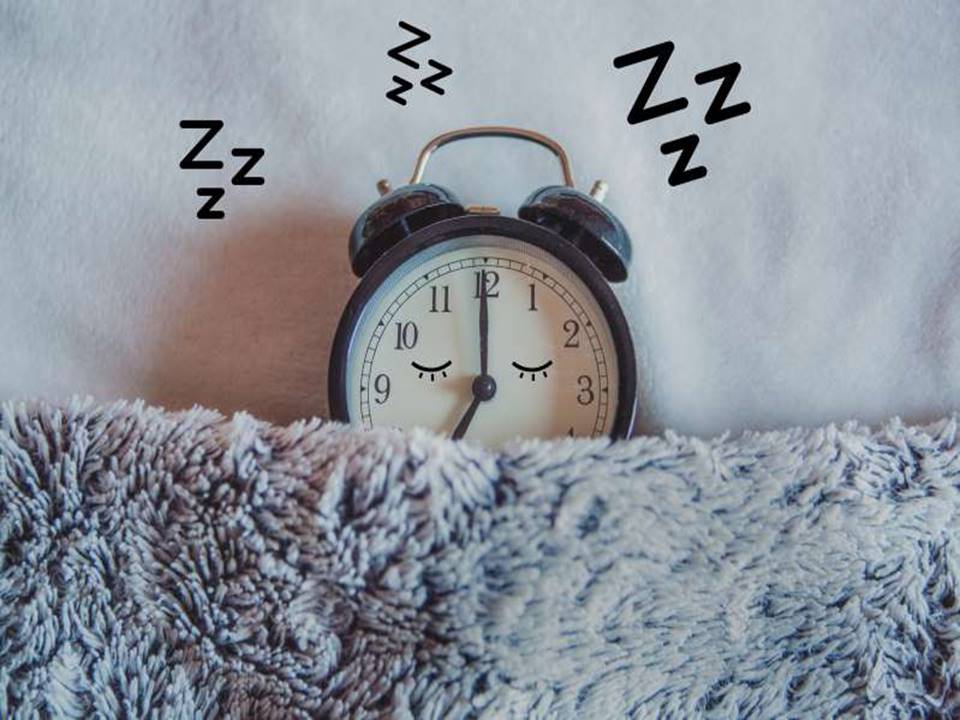
© Getty
Why do we sleep?
“The only known function of sleep is to cure sleepiness,” the Harvard sleep scientist Dr J Allan Hobson once joked. This isn’t quite true, but the questions of why we spend about a third of our lives asleep and what goes on in our head during this time are far from being solved.
One big mystery is why sleep emerged as an evolutionary strategy. It must confer powerful benefits to balance out the substantial risks, such as being eaten or missing out on food while lying dormant. The emerging picture from research is that sleep is not a luxury but essential to both physical and mental health. But the complex and diverse functions of sleep are only just starting to be uncovered.
What’s going on in our brains while we sleep?
(picture10)
© Getty
The brain doesn’t just switch off. It generates two main types of sleep: slow-wave sleep (deep sleep) – SWS – and rapid eye movement (dreaming) or REM.
About 80% of our sleeping is of the SWS variety, which is characterised by slow brain waves, relaxed muscles and slow, deep breathing. There is strong evidence that deep sleep is important for the consolidation of memories, with recent experiences being transferred to long-term storage. This doesn’t happen indiscriminately though – a clearout of the less relevant experiences of the preceding day also appears to take place. A study published last year revealed that the connections between neurons, known as synapses, shrink during sleep, resulting in the weakest connections being pruned away and those experiences forgotten.
Dreaming accounts for the other 20% of our sleeping time and the length of dreams can vary from a few seconds to closer to an hour. Dreams tend to last longer as the night progresses and most are quickly or immediately forgotten. During REM sleep, the brain is highly active, while the body’s muscles are paralysed and heart rate increases and breathing can become erratic. Dreaming is also thought to play some role in learning and memory – after new experiences we tend to dream more. But it doesn’t seem crucial either: doctors found that one 33-year old man who had little or no REM sleep due to a shrapnel injury in his brainstem had no significant memory problems.
Suggested: The 5 Foods That Will Help You Sleep Better Tonight, According to a Sleep Expert (Provided by POPSUGAR)
(picture11)
How much sleep is enough?
(picture12)
© Getty
Eight hours is often quoted, but the optimum sleeping time varies between people and at different times of life. In a comprehensive review, in which 18 experts sifted through 320 existing research articles, the US National Sleep Foundation concluded that the ideal amount to sleep is seven to nine hours for adults, and eight to 10 hours for teenagers. Younger children require much more, with newborn babies needing up to 17 hours each day (not always aligned with the parental sleep cycle).
However, the experts did not consider quality of sleep or how much was SWS v REM. Some people may survive on less sleep because they sleep well, but below seven hours there was compelling evidence for negative impacts on health. According to experts, too much sleep is also bad, but few people appear to be afflicted by this problem. In the UK the average sleep time is 6.8 hours.
What about shift work – does it matter when you sleep?
(picture13)
© Getty
In the 1930s, an American scientist Nathaniel Kleitman spent 32 days 42m below ground level in Mammoth Cave, Kentucky. The aim was to investigate the human body clock. Living in complete isolation, with no external cues of night and day, he adopted a 28-hour day. Despite sticking rigidly to a schedule of mealtimes, delivered in a bucket down a shaft, and bedtime, Kleitman failed to adapt and continued to feel awake only when his assigned “daytime” happened to coincide roughly with daytime in the outside world.
His body temperature also continued to follow a cycle of close to 24 hours. Many shift workers – particularly those working irregular shifts – face similar problems. In recent years this issue has been taken more seriously, with professional sports teams taking on consultants about schedules for training and travel abroad. The US navy has altered its shift system to align it with the 24-hour clock, rather than the 18-hour day used in the old British system.
Why are we stuck on this 24-hour cycle?
(picture14)
© Getty
Over millions of years of evolution, life has become deeply synchronised with the day-night cycle as our planet rotates. So-called circadian rhythms are evident in almost every life-form and are so firmly imprinted on our biological machinery that they continue even in the absence of any external input. Plants kept in a dark cupboard at a stable temperature open and close their leaves as though they can sense the sun without seeing it.
In the 1970s, scientists uncovered a crucial piece of machinery for this internal molecular timekeeping. In experiments using fruit flies they found a gene, later given the name “period”, whose activity appeared to reliably rise and fall on a 24-hour cycle. Scientists, two of whom received Nobel prizes last year, later showed that the period gene worked by releasing a protein that built up in cells overnight, before being broken down in the daytime.
Later, humans were shown to have the same gene, expressed in a tiny brain area called the suprachiasmatic nucleus (SCN). This serves as a conduit between the eye’s retina and the brain’s pineal gland, which pumps out the sleep hormone melatonin. So when it gets dark, we get sleepy.
So is it just our brain that is affected?
(picture15)
© Getty
The SCN clock is our body’s master timekeeper, but in the past decade, scientists have discovered clock genes are active in almost every cell type in the body, and the activity of roughly half our genes appear to be under circadian control.
The activity of blood, liver, kidney and lung cells in a petri dish all rise and fall on a roughly 24-hour cycle, and virtually everything in our body – from the secretion of hormones to the preparation of digestive enzymes in the gut, from changes in blood pressure to body temperature – is influenced in major ways by what time of day these things are normally needed.
Just how the ticking of each neuron is linked to the more complex brainwave rhythms that emerge in our brain during sleep is not yet clear, but scientists are investigating. When brain cells are grown in a dish in the lab they begin to self-organise and, somewhat unnervingly, start to show patterns of activity similar to those seen during sleep.
Did we sleep more soundly in the past?
(picture16)
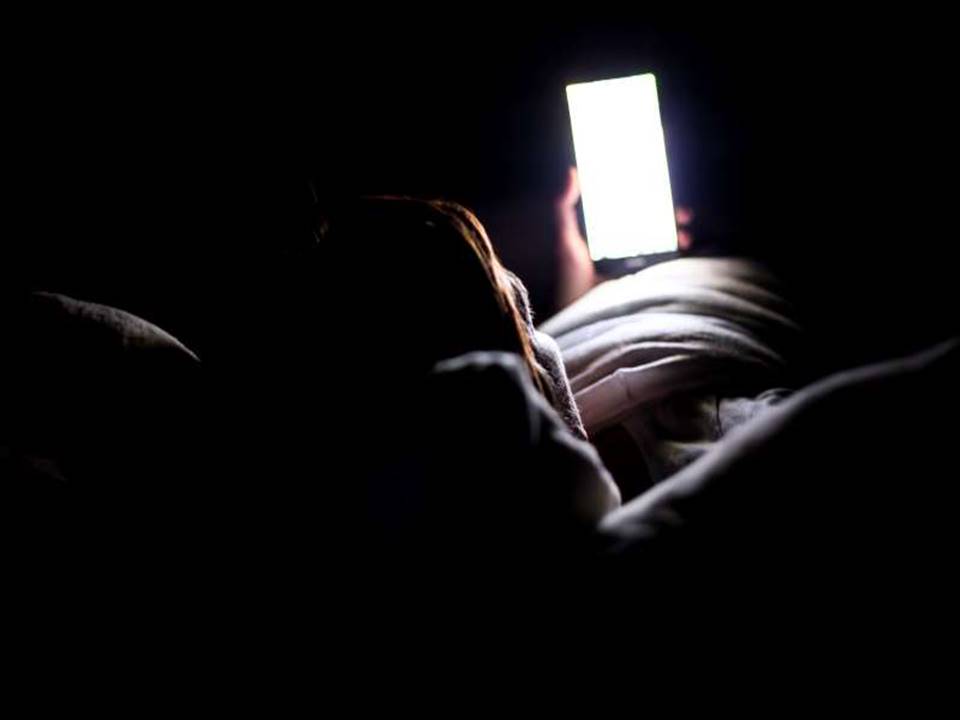
© Getty
Poor sleep is often seen as a modern problem, a blight of sedentary lifestyles and being glued to smartphones late into the night. However, research into the sleep patterns of modern-day hunter gatherers suggests this may paint an overly romantic view of the past. One study, of the Hadza people in northern Tanzania, found frequent night-time waking and widely differing sleep schedules between individuals. Over a three-week period, there were only 18 minutes when all 33 tribe members were asleep simultaneously. The scientists behind the work concluded that fitful sleep could be an ancient survival mechanism designed to guard against nocturnal threats.
The main difference appeared to be that tribe members were unburdened by paranoia and anxiety about sleep problems, which area common cause of concern in western countries.
What happens when you don’t get enough sleep?
In extreme cases, sleep deprivation can be fatal. Rats that are completely deprived of sleep die within two or three weeks. This experiment hasn’t been repeated in humans – obviously – but even a day or two of sleep deprivation can cause otherwise healthy people to suffer hallucinations and physical symptoms. After a poor night’s sleep, cognitive abilities take an immediate hit. Concentration and memory are noticeably affected and people are more likely to be impulsive and favour instant gratification over waiting for a better outcome. We are also worse people when we’re tired – one study found that sleep deprived people are more likely to cheat and lie.
What about physical health?
(picture17)
© Getty
Cumulative lack of sleep can have long-term health consequences, and links are seen with obesity, diabetes, heart disease and dementia. Last year, a review of 28 existing studies found that permanent night-shift workers were 29% more likely to develop obesity or become overweight than rotating shift workers. Findings based on more than 2 million individuals found that working night shifts raised the risk of a heart attack or stroke by 41%.
The reasons for some of these associations are complex and hard to separate from other lifestyle factors. The studies mentioned above attempted to filter out socioeconomic factors, for instance, but factors like stress and social isolation can be harder to capture. That said, there is growing evidence for a direct biological influence. Sleep deprivation has been shown to alter the body’s basic metabolism and the balance between fat and muscle mass.
Insomnia has long been known as a common symptom of dementia, but some scientists also believe poor sleep could play a role in causing Alzheimer’s. Research has shown that the brain “cleanses” itself of beta-amyloid proteins linked to Alzheimer’s during sleep and that sleep deprivation causes the levels of these toxins to rise.
Do all animals sleep?
(picture18)
© Getty
The answer partly depends on what counts as sleep. Most scientists seem to go with the definition of (a) being immobile and (b) being significantly less responsive than when awake. Based on these criteria, there have been some candidates for sleepless species, but none has been conclusively shown to be true. The bullfrog was an early contender – a 1967 study found the frogs reacted similarly when given electric shocks in the daytime and middle of the night. But doubt have since been cast on this finding. There are animals that require little sleep: the little black bat is thought to sleep for 19 hours each day; adult giraffes rarely sleep for more than five minutes at a time. And sleep is not the same for all animals. Dolphins have the ability to put only half their brains to sleep at a time, known as unihemispheric sleep. Migratory birds are thought to sleep-fly and sharks sleep-swim.
Also watch: Working long hours could be bad for your health (Provided by Buzz60)
Quasar
OCT 22, 2018/ MON, Peps’ Diary
1:30 am : “Quasar and Black Hole”
NatGeo Channel
Quasar is the brightest flame or light you see in the universe. It is like the Aurora in North Antarctica. Quasar in Astronomy is a very bright object in space that is similar to a star and that is very far away from the Earth and gives off powerful radio waves. It is located at the centre of the galaxy that produces an extremely large amount of radiation. How quasar is being formed?
According to National Geographic (NatGeo), quasar is being released by a black hole. Black hole is an invisible area in outer space with gravity so strong that light cannot get out of it. It is a celestial object that has strong gravitational field that sucks up its surrounding planets, stars and other space objects siphoning its energy. Imagine the size of the Earth when placed near a Black Hole. Black Hole will starts siphoning drawing off the Earth’s atmosphere, energy and everything on it cramping it to its tiniest size even smaller to an atom and finally sucked it at the centre of the Black Hole. Black Hole is even smaller than atom and some scientist believes that the Earth and our surrounding space is inside a Black Hole. Can you get that?
Since the Black Hole sucked up immeasurable amount of space objects inside then if flashes out enormous amount of energy and shooting these energy up to the skies in the form of quasar. Quasar is said to be even faster than the speed of (normal) light. And that is how fast, how powerful quasar is – LIKE JESUS.
And the Bible says, “In the beginning, the Word existed. The Word was with God, and the Word was God. He existed in the beginning with God. Through him all things were made, and apart from him nothing was made that has been made. In him was life, and that life brought light to humanity,” (John 1:1-4/ International Standard Version (ISV).
And Jesus said ,” I am the light of the world. The one who follows me will never walk in darkness, but will have the light of life." (John 8;12/ ISV).
